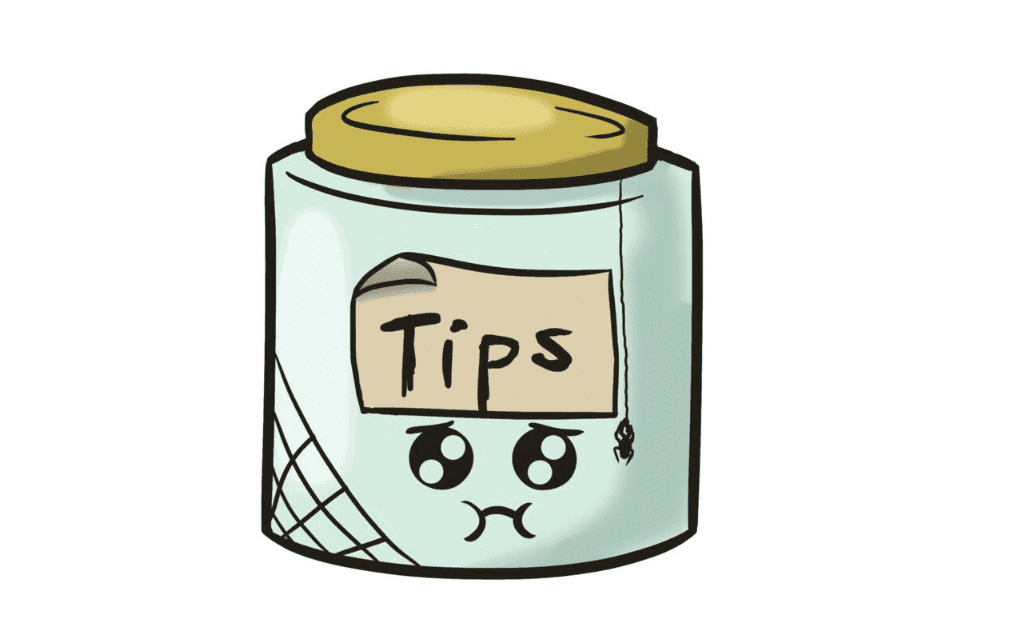Tipping Culture: Gratuity Needs to Go

author: mimi moustapha| contributor

KissPNG
Issues with tipping have a deeper source than customer courtesy.
Every so often, a post written by a server goes viral. It is usually a picture of a large bill or a huge group that didn’t tip, possibly accompanied by a description of horrendous behaviour, and always accompanied with a lecture why you must tip your server properly. They usually argue that serving is challenging, customers are rude, and wait-staff aren’t paid enough. None of these statements are incorrect. However, getting angry at those who don’t tip is not only likely ineffective, but it is also misdirected.
In no other industry is it the customers’ direct responsibility to determine how much an employee is paid. Why don’t more people hold the owners accountable for their own employees’ wages? Of course, turning the blame onto customers who may very well be making just as little as the serving staff is a much easier target.
Counterarguments to raising wages often follow something like, “if businesses paid their servers more, they would have to raise their food prices or they would go bankrupt.” If this was true, why is it that countries without tipping culture (like Switzerland, Australia and Japan) have successful restaurants? Furthermore, in the case of chain restaurants, it seems somewhat unlikely that businesses that rake in millions of dollars of profit annually would go bankrupt without tipping. Even if that were the case, if a business is doing so poorly that they cannot afford to pay their employees properly, they have a poor business model.
On the customer’s side, if you are a regular tipper, raising prices to accommodate for lack of tips would still mean paying roughly the same amount you always have, minus the judgment on how high you tip or the inconvenience of having to recall middle school arithmetic to estimate what 15 per cent of your bill is. Furthermore, there is the added bonus of not being manipulated into believing your meal is cheaper than it actually is.
Another common argument is that tipping gives feedback on how good the service is. This could be a valid point – if it were actually true. However, research done by Cornell University has indicated that tipping is actually related to the personal characteristics of the customer, not the quality of service.
Additionally, giving the customer the choice of how much a server makes creates a systemic power imbalance. Customers feel entitled to behave however they would like with the threat of holding the tip ransom if the server does not tolerate them. Even if restaurants have anti-harassment policies, reporting customers will almost definitely result in losing tips. This can put servers in the position of choosing between being treated respectfully or being able to afford rent, tuition, or childcare. No one should be forced to choose between human dignity and a living wage.
Next time you see a viral post about servers getting shortchanged by a customer (or are that server), consider who made it possible for the customer to decide whether or not the server deserves a proper wage. Maybe you should be addressing your frustrations to them.









